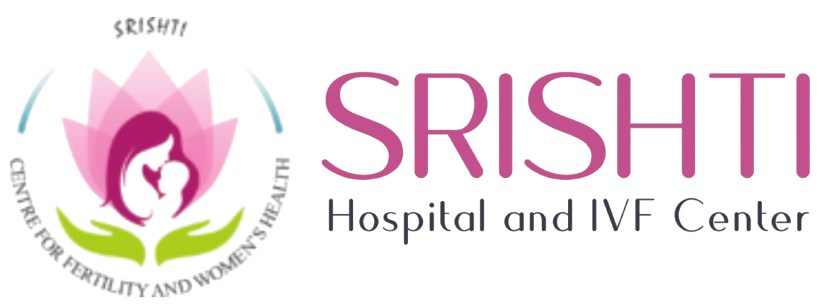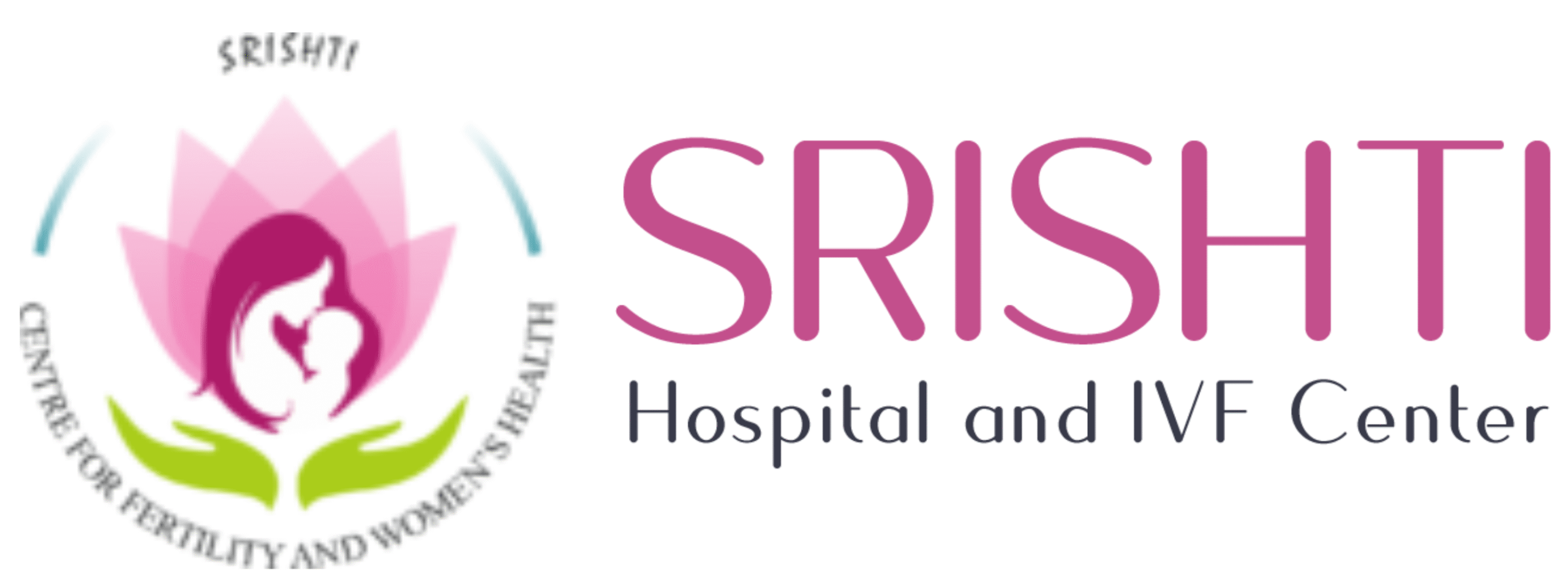Introduction
When it is a matter of creating a family with assisted reproductive technology, IVF Success Rate is the most common thing that couples check out. Age is a critical factor in the success of in vitro fertilization (IVF), and as each year goes by, success rates alter. In 2025, technology has improved, better fertility clinics are being established, and enhanced medical skills have made IVF more reliable than ever.
If you’re thinking about IVF, you may be wondering: How does age affect the likelihood of success? What if we do it again? And will IVF work better with donor eggs? This blog answers all these questions with a comprehensive analysis of IVF Success Rates by age group in 2025.
At srishtifertility, we want to empower families with open information, so you can make informed decisions about your fertility journey.
Why IVF Success Rate Matters
IVF is not merely a medical treatment—it’s a process of hope, emotions, and an investment. Being aware of the success rate allows couples to have realistic expectations, prepare emotionally, and budget for their investment accordingly.
Parameters that affect IVF success are:
- Maternal age
- Egg and sperm quality
- Lifestyle and medical conditions
- Medical proficiency and laboratory equipment
- Number of IVF cycles
Of all these, the most significant one is still age.
IVF Success Rate in 2025: A Quick Overview
Here’s a broad overview of how IVF functions in 2025:
- Women below the age of 35 have the best success rates.
- Success then falls gradually with age.
- Donor eggs can greatly improve prospects in older women.
- Improved technology such as AI embryo picking and genetic screening has improved results in all age groups.
Now, let’s divide it by age.
IVF Success Rates According to Age
IVF Success Rate Below 35
- Women below the age of 35 have the highest IVF success rates, frequently hitting 50–60% per cycle.
- They have healthier eggs, and embryos possess enhanced implantation potential.
- Most of the couples in this category get pregnant in the first try.
- ivf success rate on first try: In women under 35 years old, it’s around 55% in 2025.
IVF Success Rate Ages 35–37
- Success rate is between 40–45%.
- Quality of the eggs starts to deteriorate, and implantation becomes a bit more difficult.
- Physicians usually suggest 2–3 cycles for increased success rates.
- 2nd ivf success rate: The second attempt raises probabilities cumulatively, increasing overall success to 60–65% by the third try.
IVF Success Rate Between 38–40
- IVF success falls to 25–30%.
- Egg quantity and quality decline more dramatically at this point.
- Numerous women in this category pursue avenues such as genetic testing or embryo freezing.
- ivf success rates at different ages: This age group registers a noticeable decline from younger ages, emphasizing the need for early planning of fertility.
IVF Success Rate 41–42
- IVF success decreases to about 15–20%.
- Miscarriage risks also increase.
- Clinics at this age recommend planning with donor eggs for greater success.
- donor egg ivf success rates: With the use of donor eggs, success is as high as 55–60% even for women in their 40s.
IVF Success Rate 43 and Above
- Success rate with own eggs falls to less than 10%.
- Donor eggs become the most potent path.
- Most women at this age get pregnant solely with donor-supported IVF.
- ivf success rate in india: In top centers such as Srishti IVF, donor egg initiatives have made IVF feasible for women up to the age of 50 with success rates of up to 60%.
IVF Cost and Success Rate
pregnancy success with IVF and ivf cost move together. Although IVF may seem a huge expense, rates of success increase with newer technology such as AI-based embryo selection, time-lapse observation, and PGT (Preimplantation Genetic Testing).
In India, the cost per IVF cycle in 2025 is between ₹1.5 to ₹2.5 lakhs. But it could be different based on medications, other procedures, and using donor eggs. At Srishti IVF, couples receive clear cost estimates along with customized treatment plans.
How to Increase Your IVF Success Rate
Although age is a significant factor, couples can take active measures to increase their likelihood of success:
- Keep a healthy BMI
- Stop smoking and restrict alcohol
- Regulate stress and sleeping habits
- Adhere to supplements prescribed such as folic acid and vitamin D
- Select a well-known clinic such as srishti ivf, where contemporary labs and skilled physicians collaborate in enhancing results
FAQs on IVF Success Rate
1. What is the average IVF success rate in India in 2025?
ivf success rate in india ranges from 35–55% based on age and clinic quality.
2. Is there improvement in the success rate at the second IVF attempt?
Yes. 2nd ivf success rate can enhance chances immensely, usually advancing cumulative success to more than 65%.
3. Is donor egg IVF successful?
donor egg ivf success rates are approximately 55–60%, which is one of the highest for women of advanced age.
4. Is the initial IVF attempt generally successful?
ivf success rate at first try is a function of age but is generally 40–55% in India.
5. Is IVF an expensive exercise?
Given the emotional and life-altering result of having a child, ivf cost and success rate make it a valuable expenditure for most families.
Conclusion
Age absolutely has a deciding factor when it comes to IVF Success Rate, but 2025 advances have brought fertility therapy more promising than ever. From greater first-time success rates with younger women to better results with donor eggs for older groups, IVF keeps doors to parenthood wide open.
At srishtifertility, we combine medical expertise with compassion, ensuring every couple gets personalized care and clear guidance. If you’re considering IVF, don’t wait—take the first
Want to find out more about IVF? Reach Srishti IVF in Model Town today and take the first step towards parenthood with professional advice.






